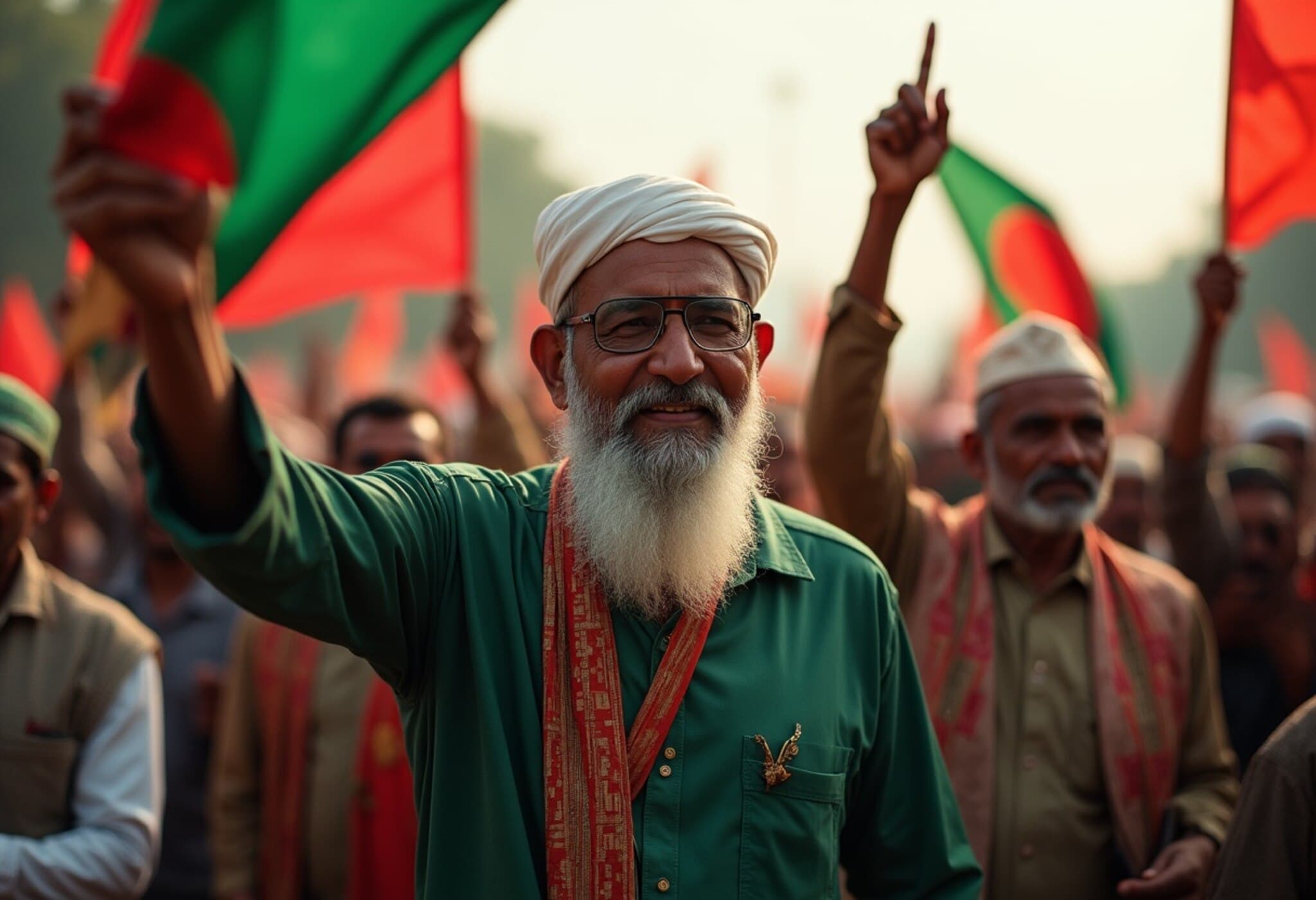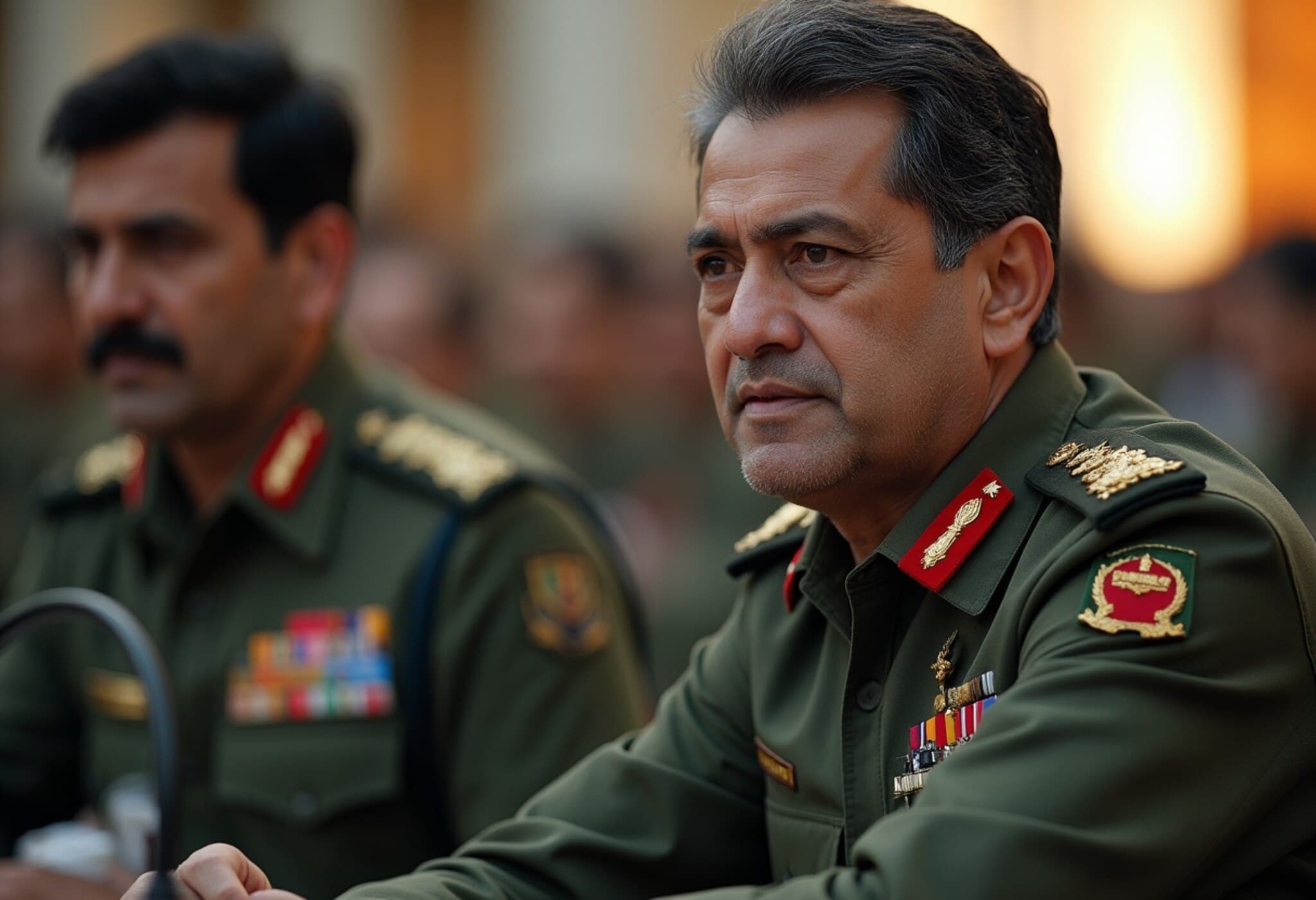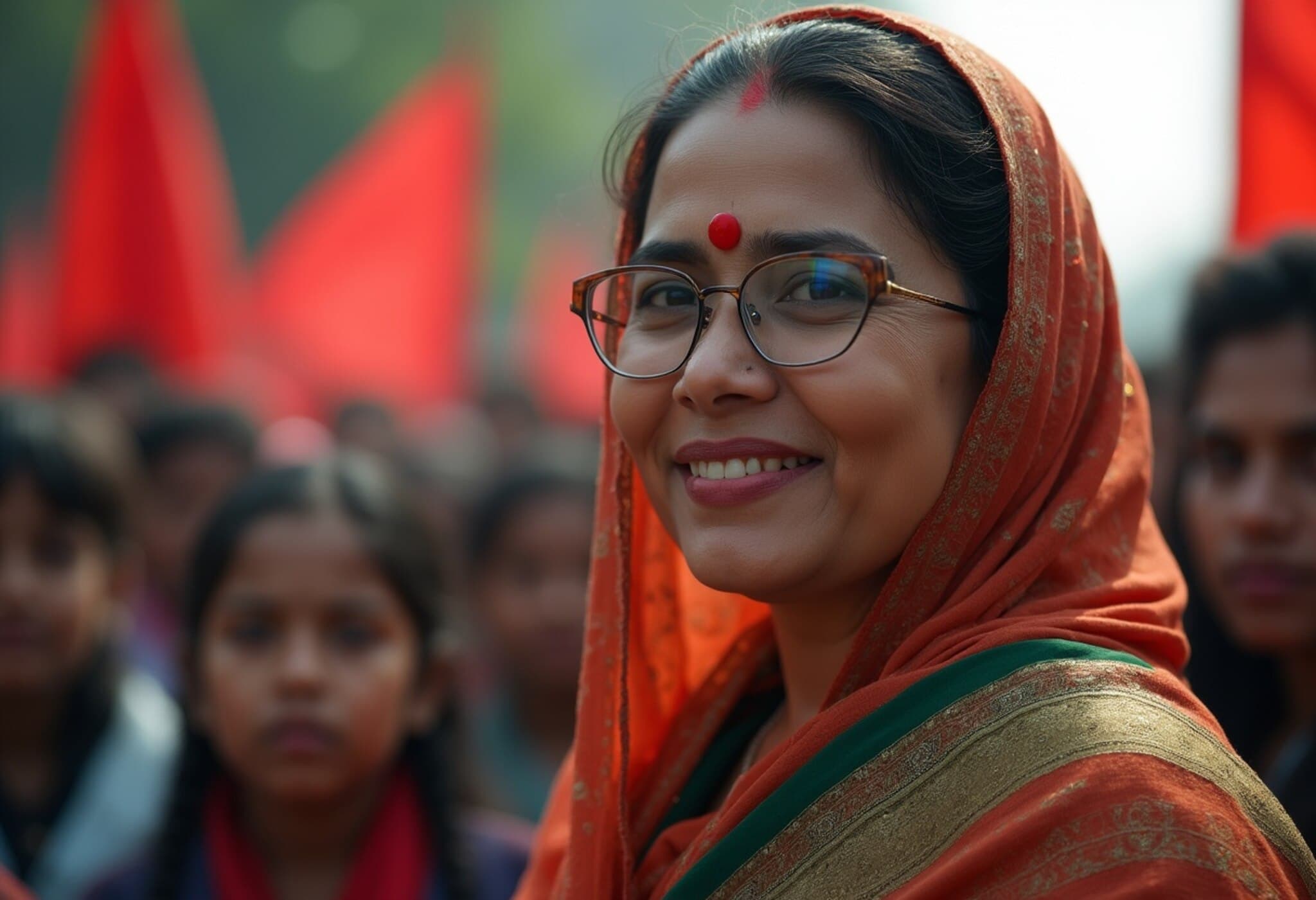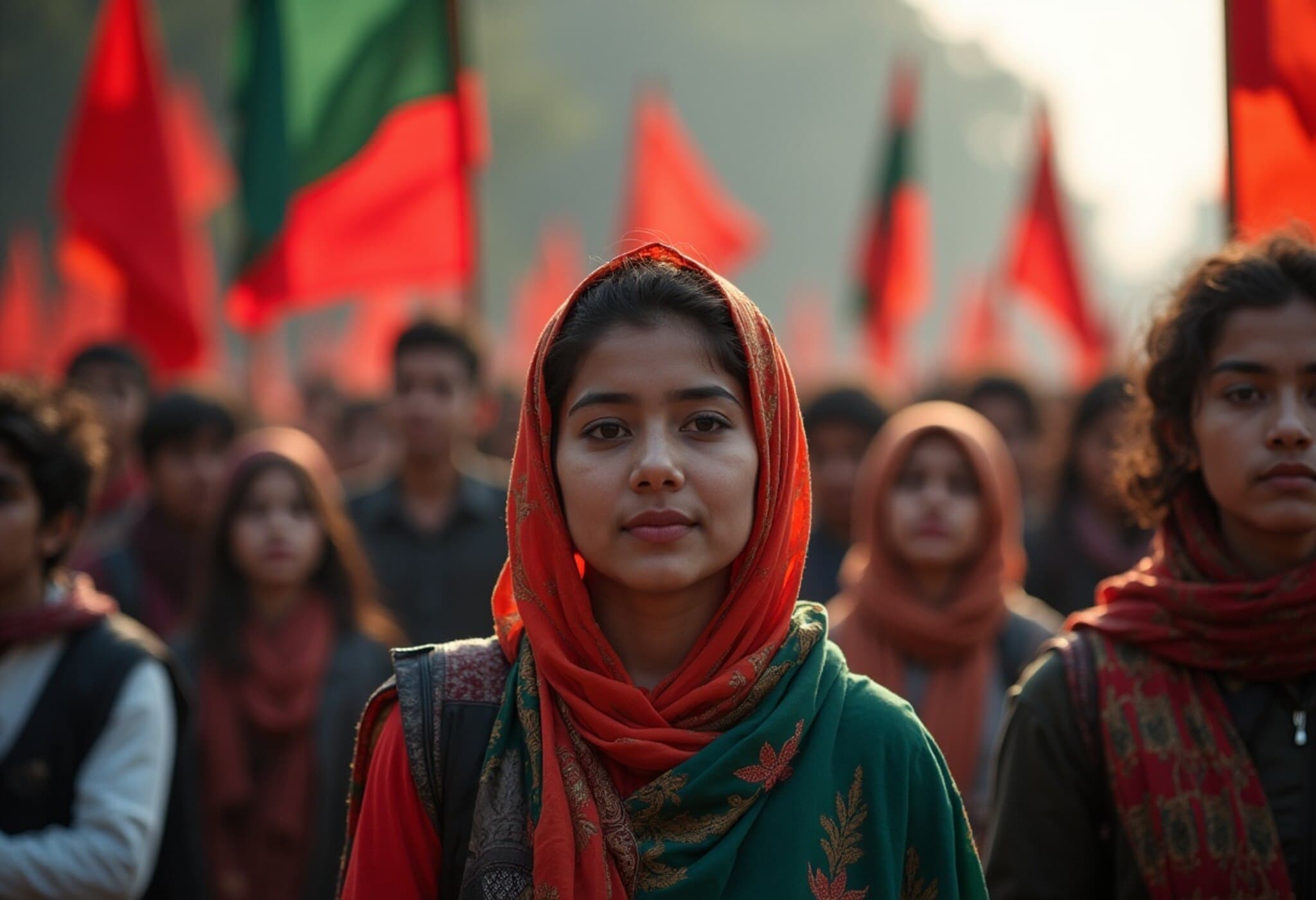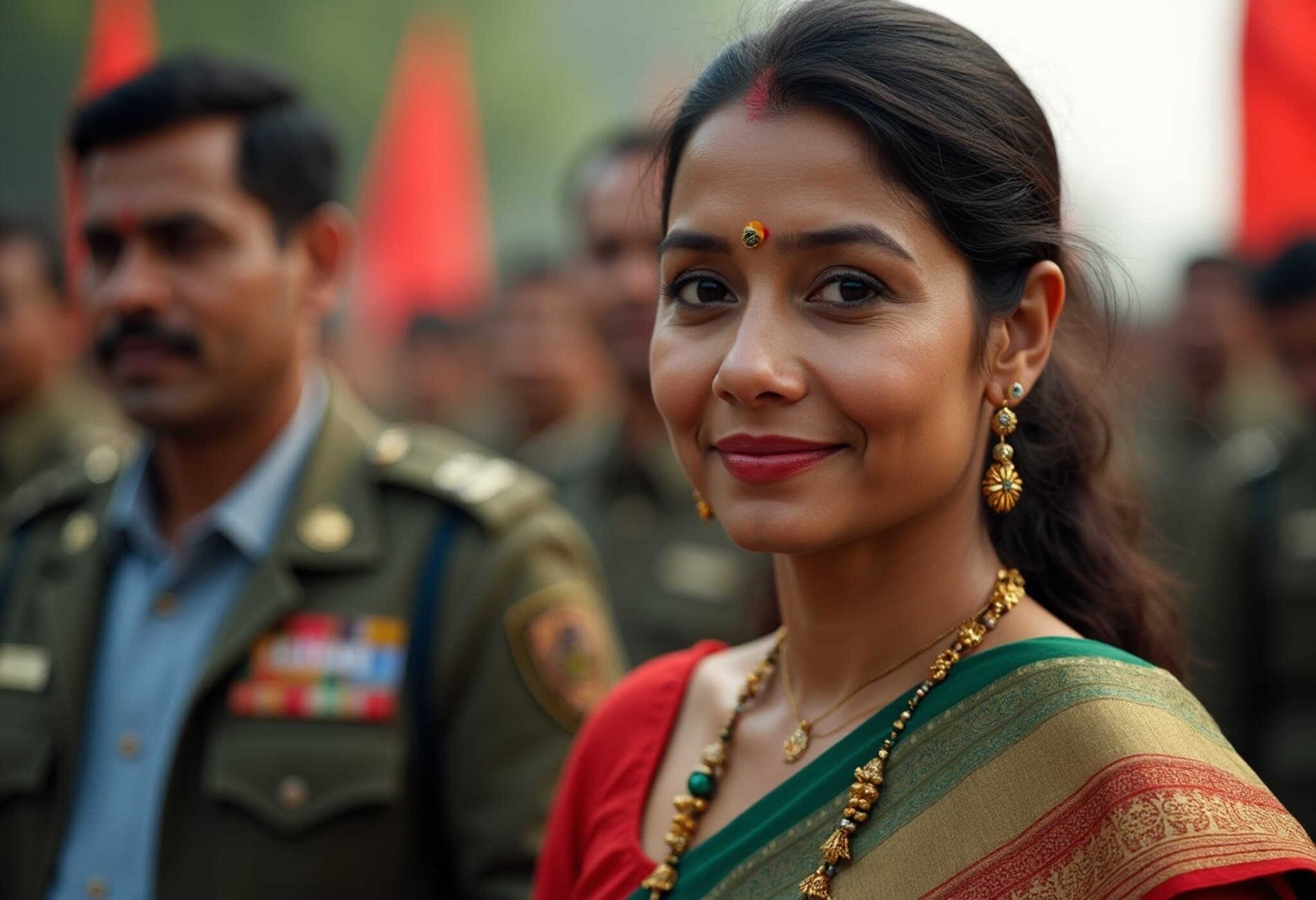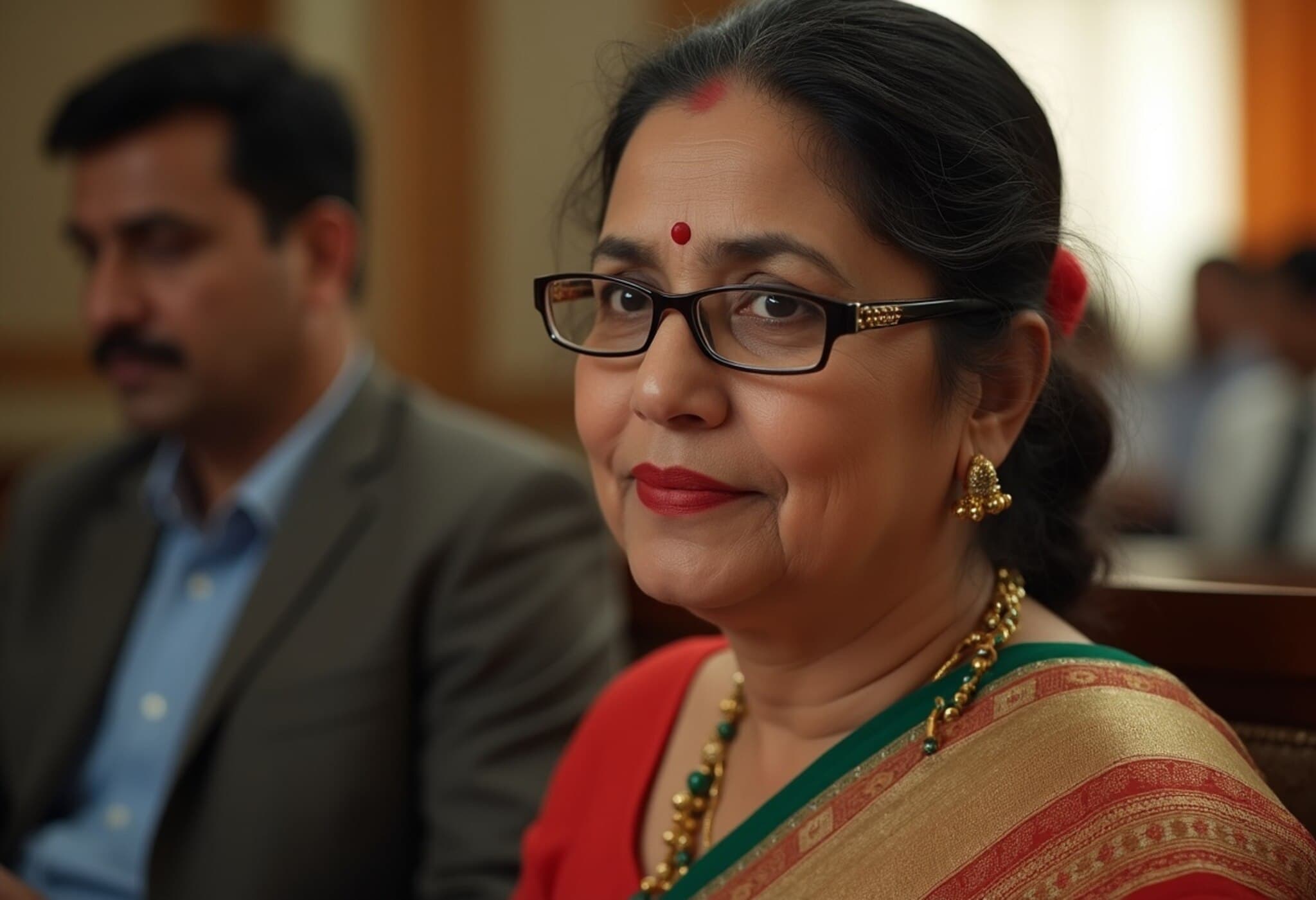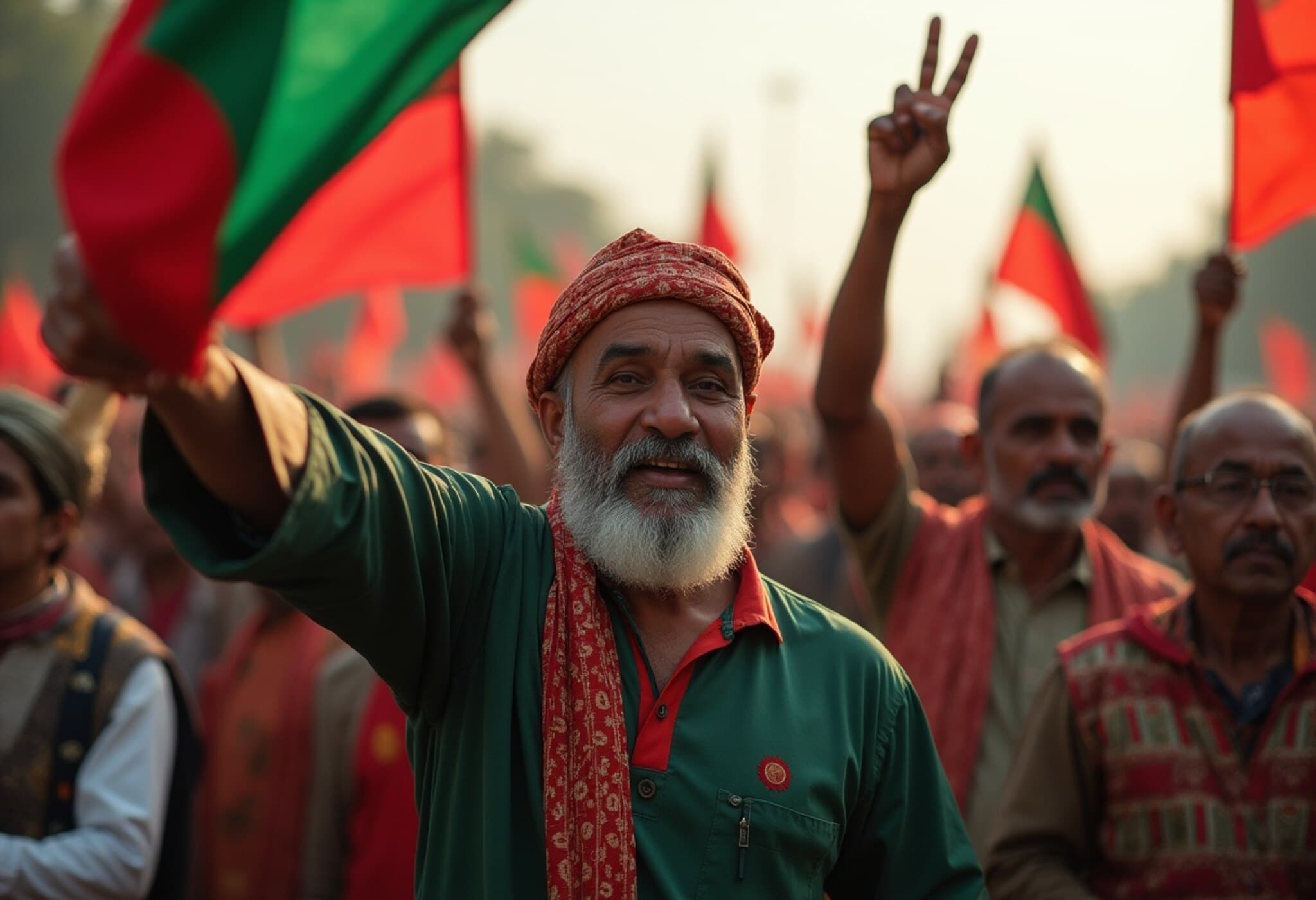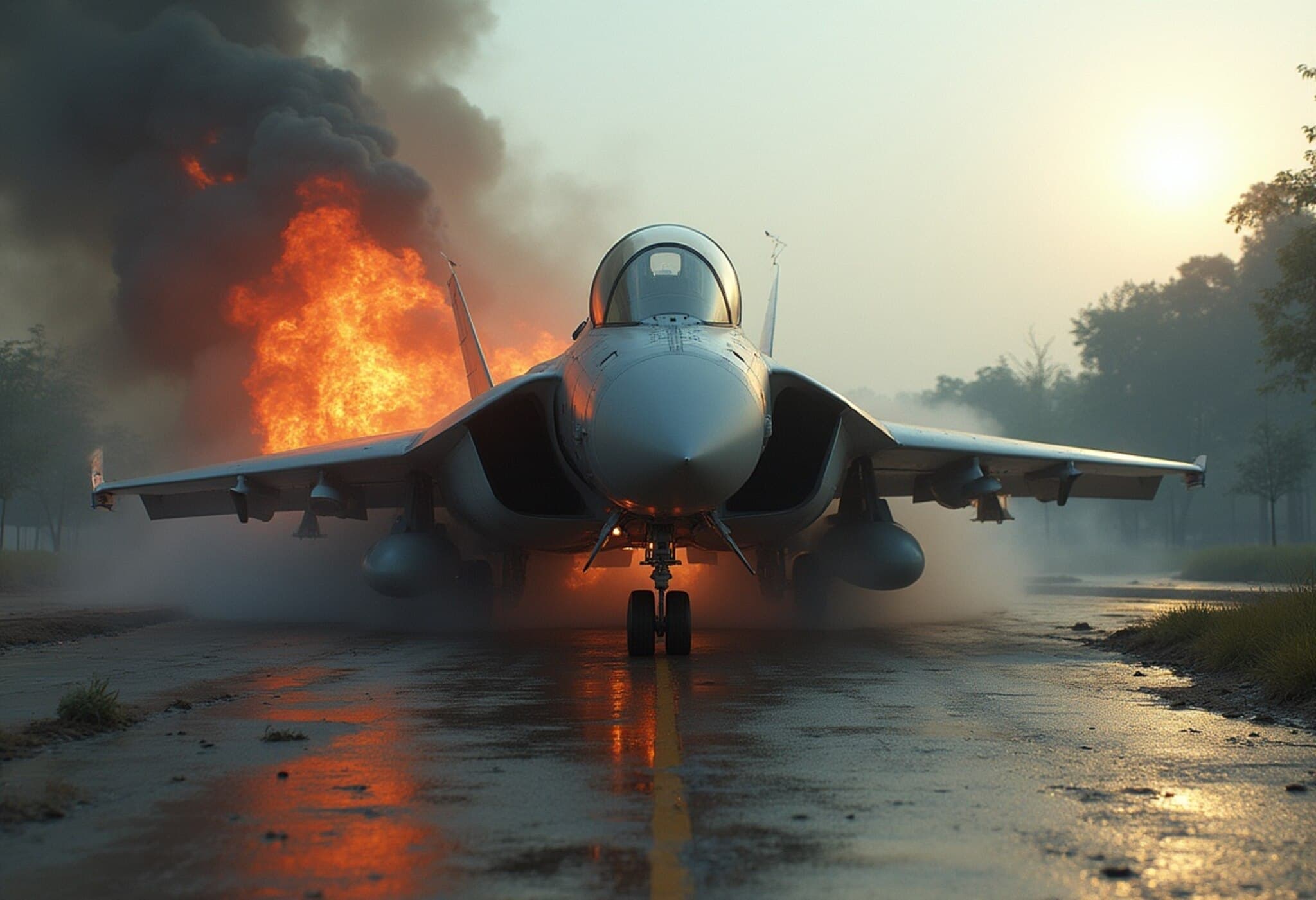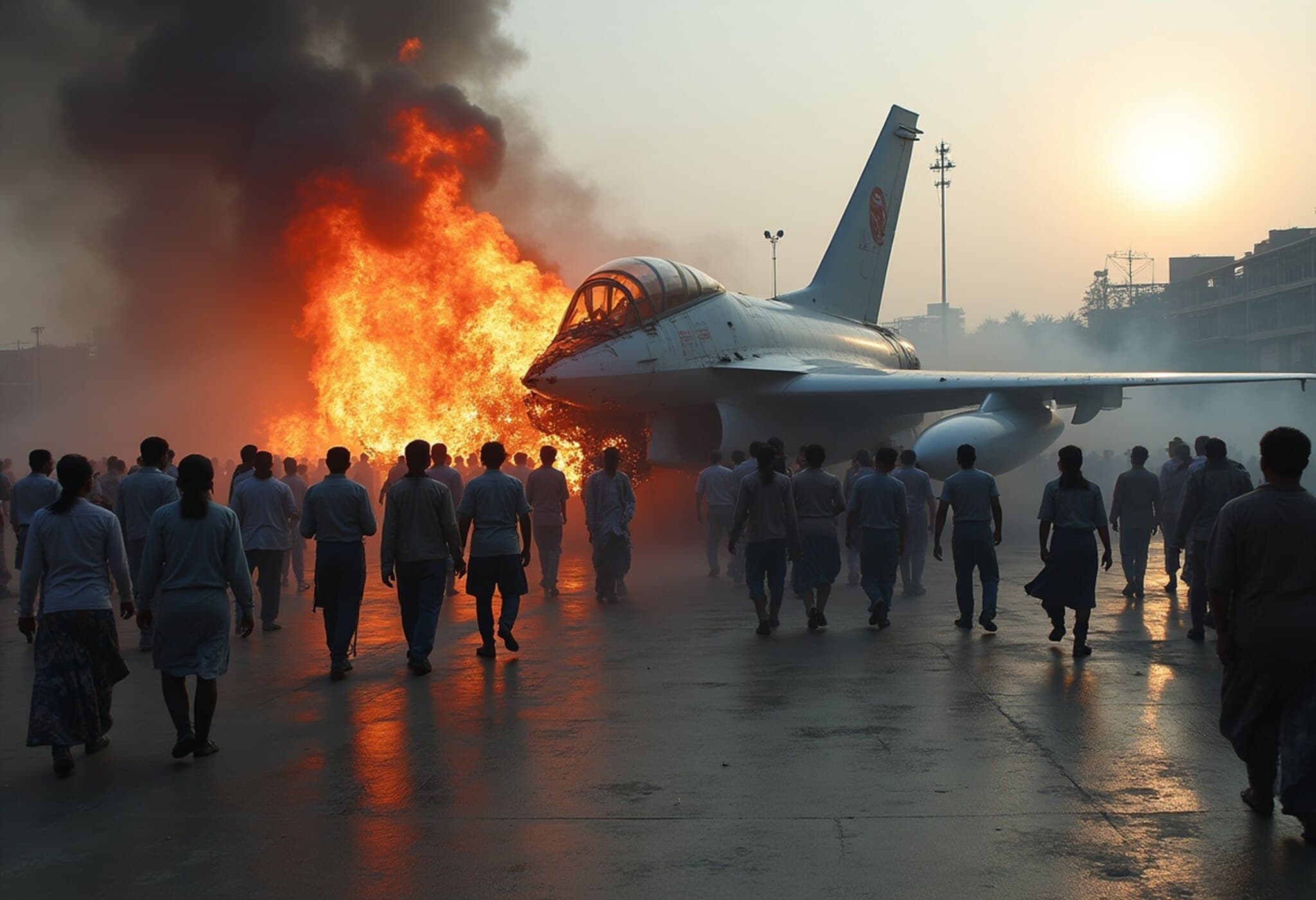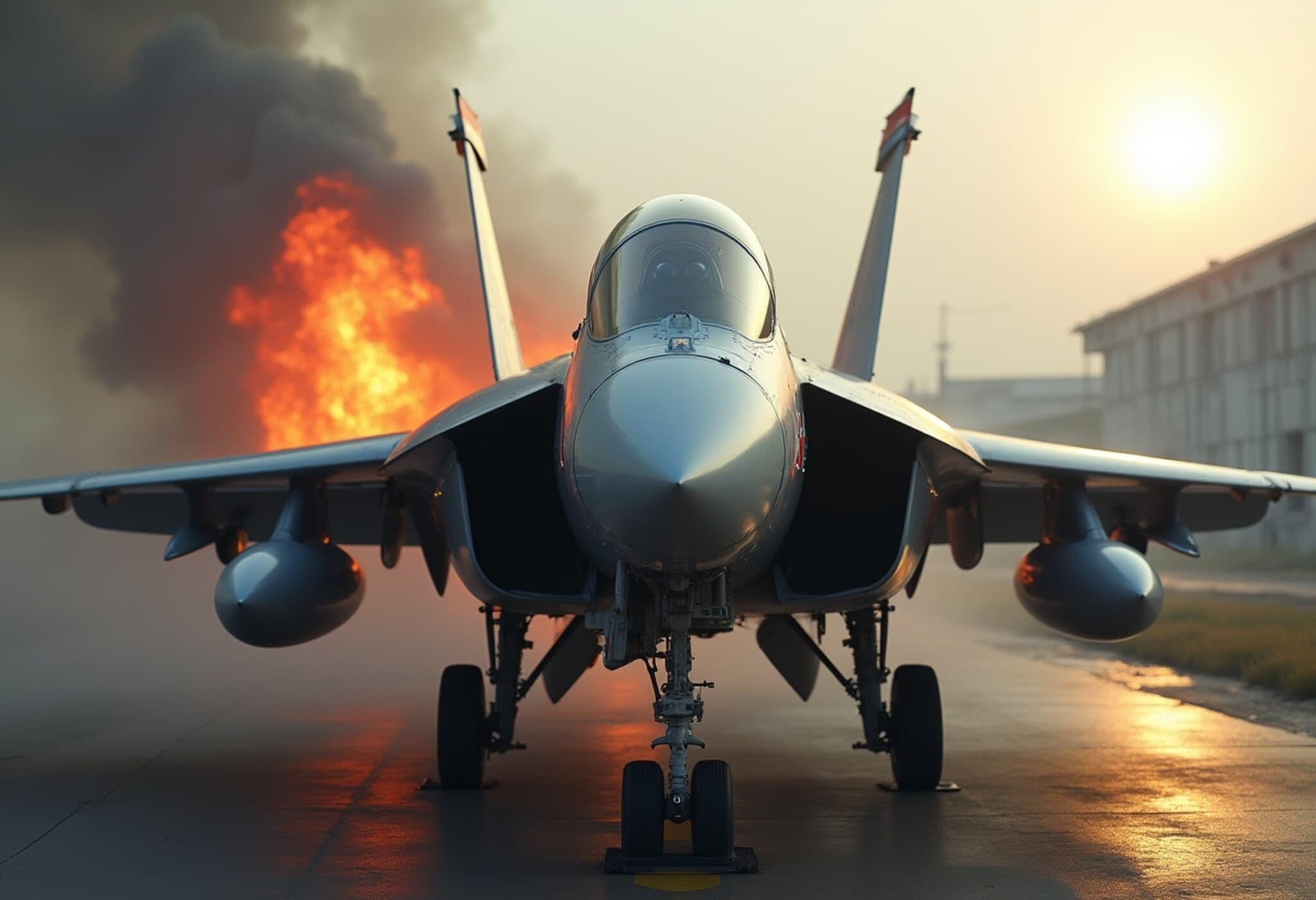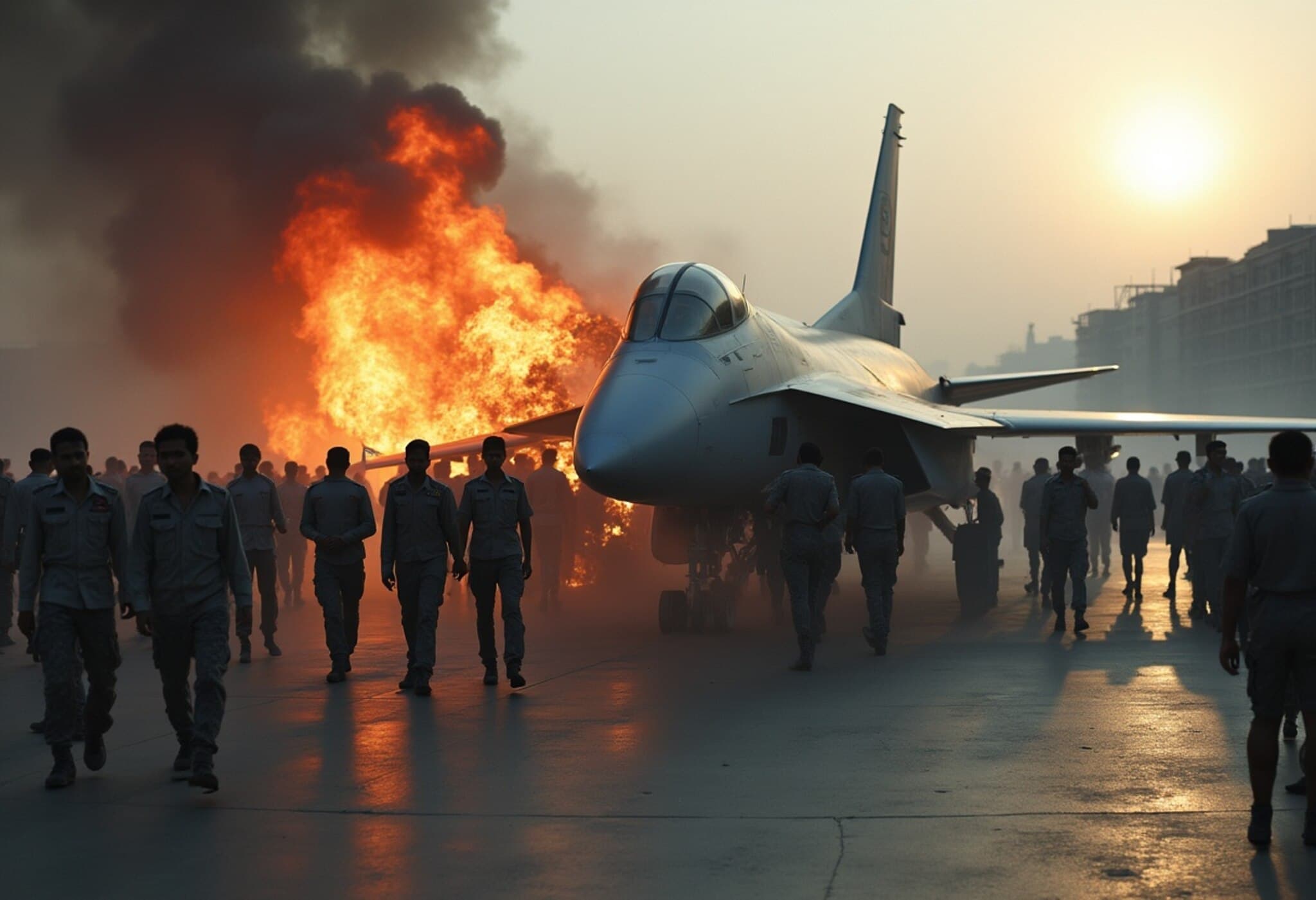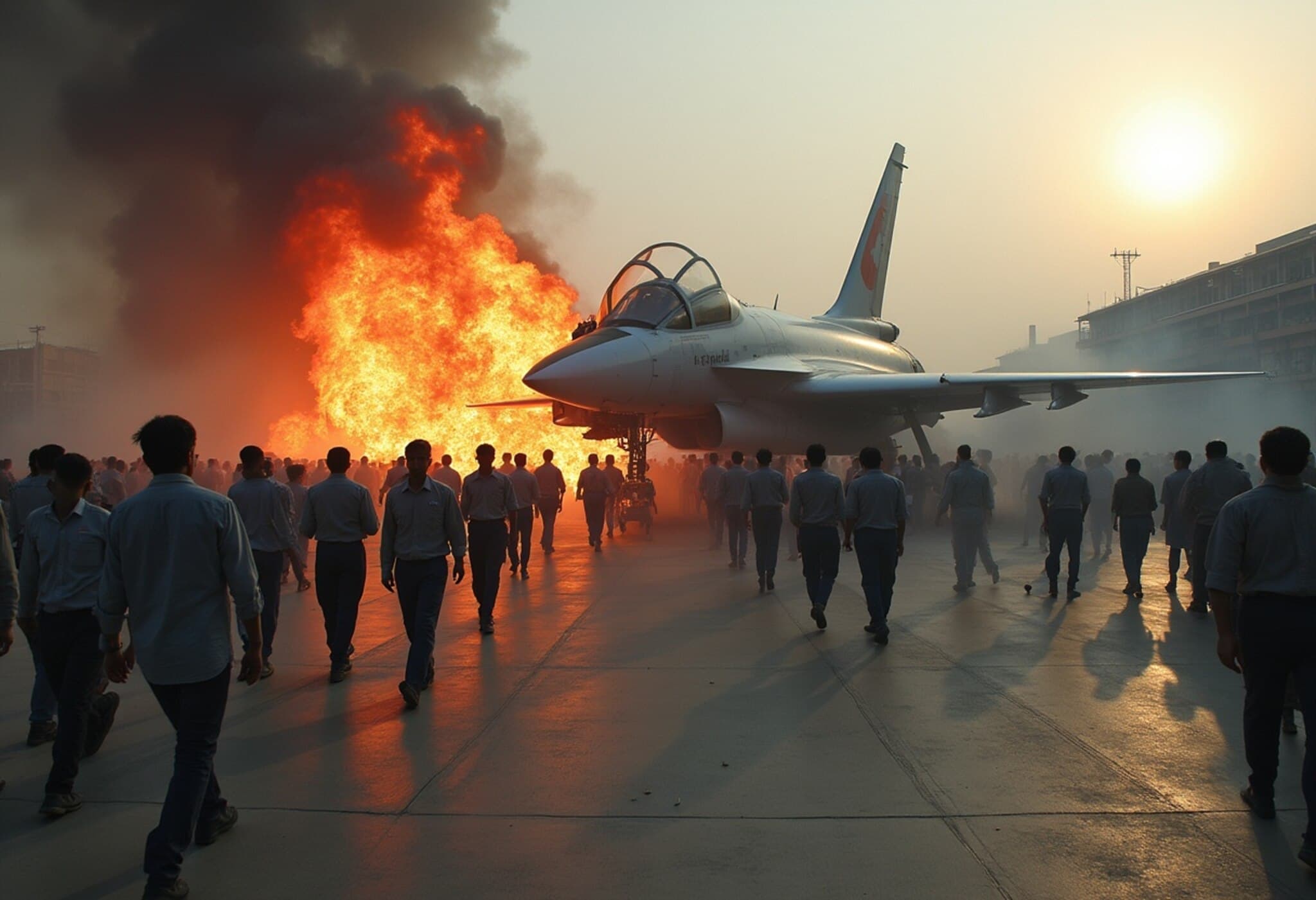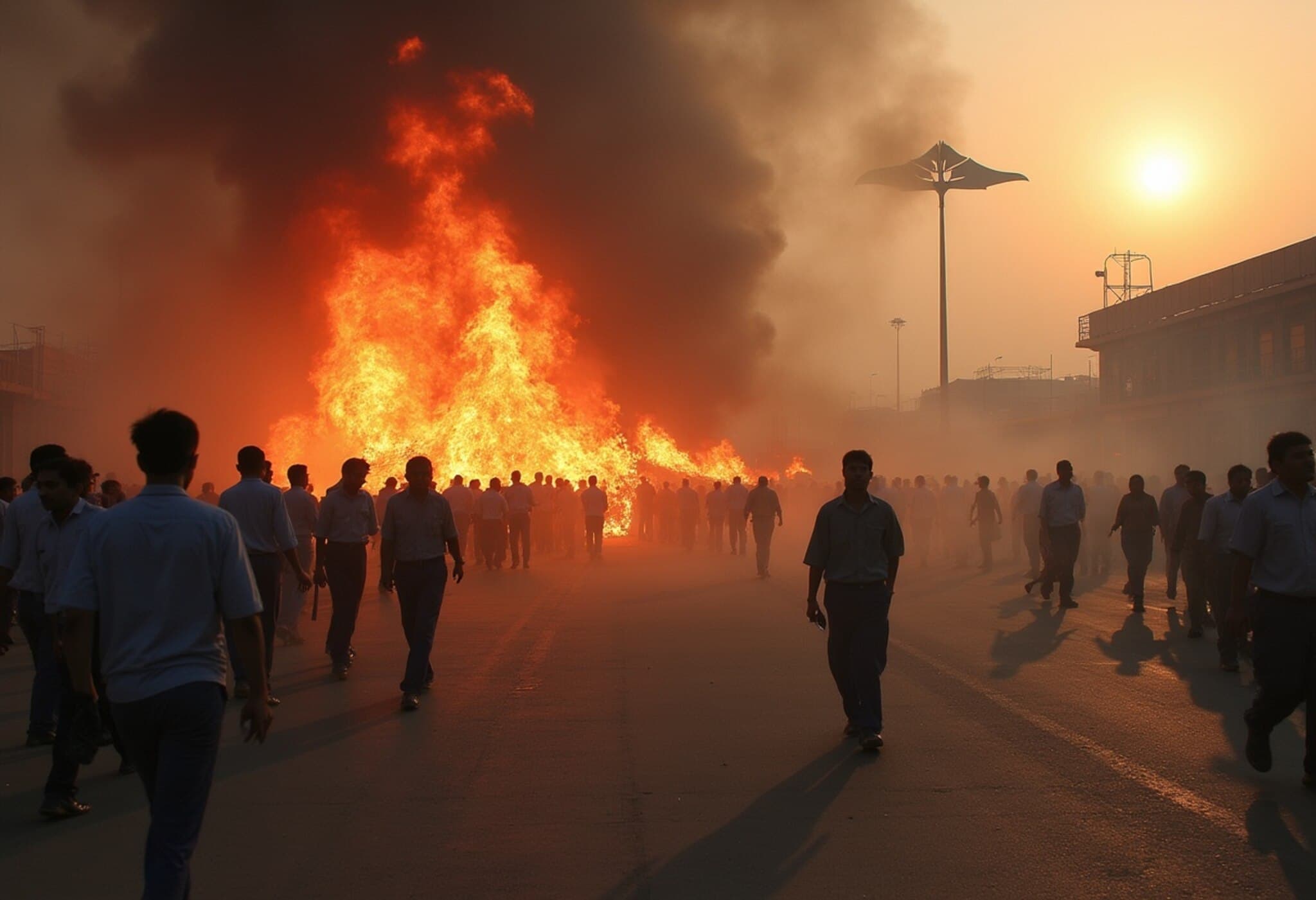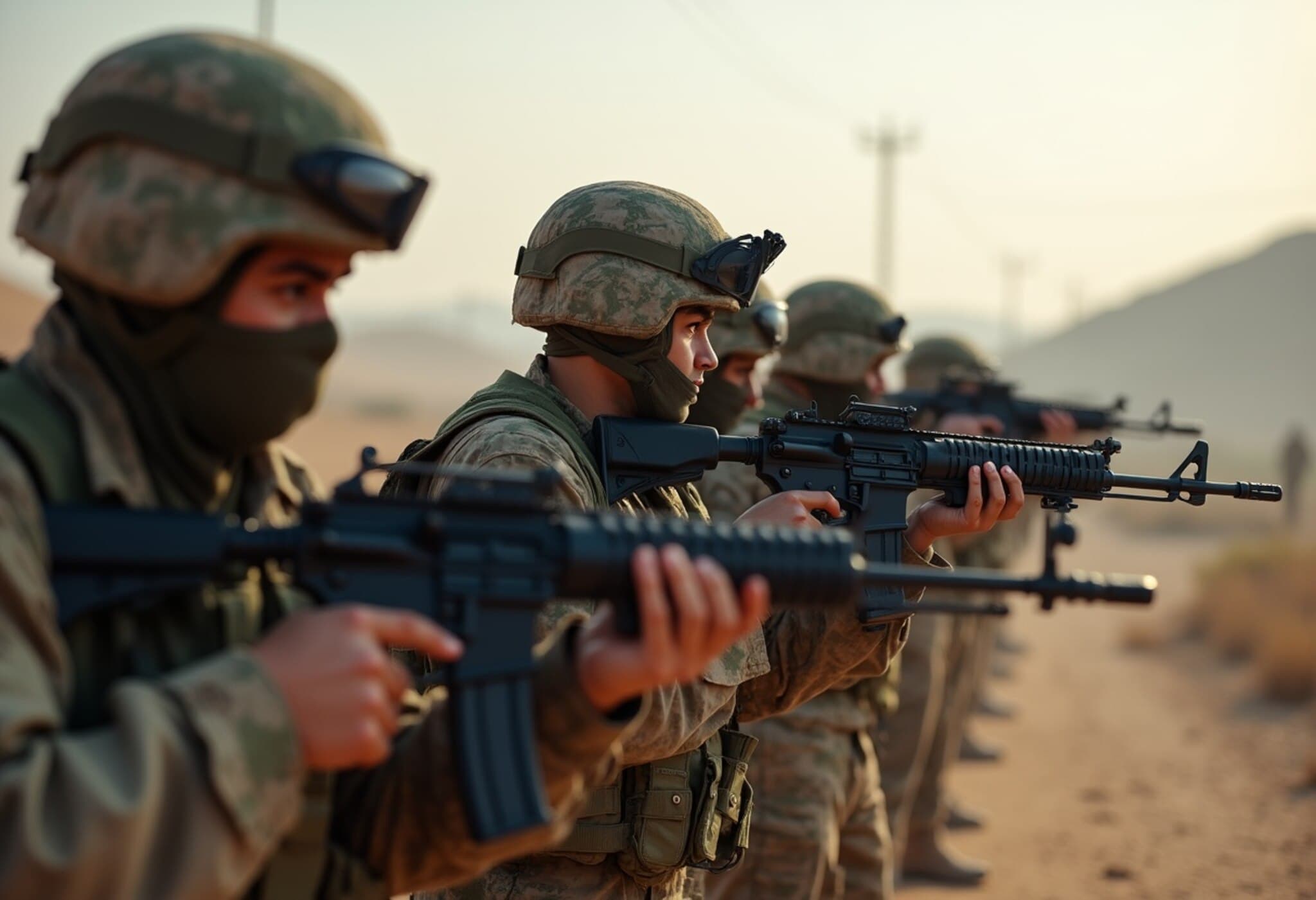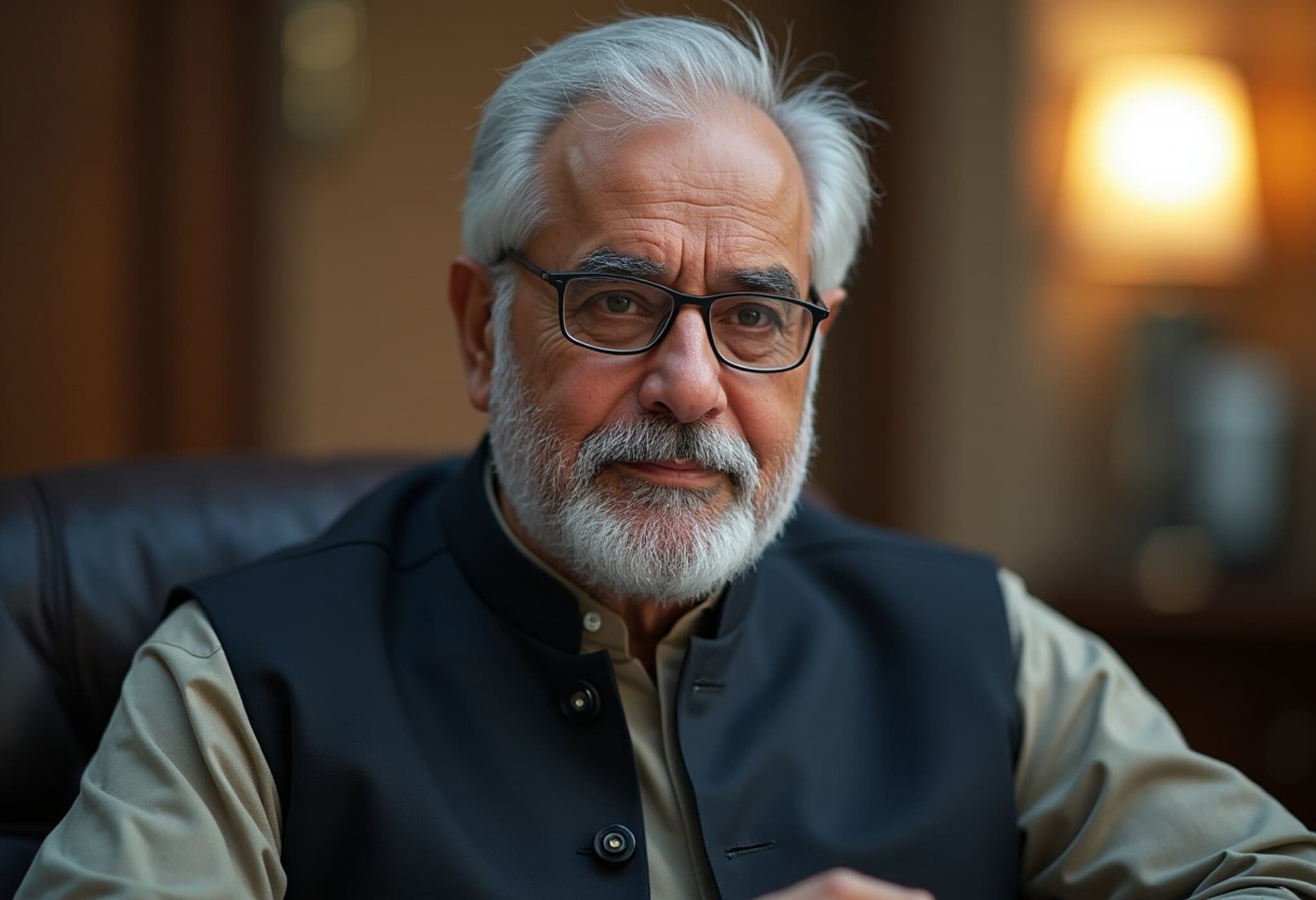Bangladesh’s Islamist Party Jamaat-e-Islami Holds Large-Scale Rally Amid Political Upheaval
In a dramatic display of political muscle, Bangladesh’s largest Islamist party, Jamaat-e-Islami, galvanized hundreds of thousands of supporters in the heart of Dhaka this past Saturday. The event marks a significant moment as the South Asian nation braces for pivotal elections scheduled for next year, unfolding against the backdrop of profound political change following the ousting of former Prime Minister Sheikh Hasina.
Political Crossroads: A Nation in Flux
The rally unfolded as Bangladesh stands at a decisive juncture. Sheikh Hasina, who had been the country's prime minister since 2009, was recently removed amid sweeping student-led protests. The transition has brought an interim government led by Nobel Laureate Muhammad Yunus, which anticipates holding general elections in April. Yet, mounting pressure from the opposition Bangladesh Nationalist Party (BNP) and its allies raises the prospect of an earlier vote, possibly as soon as February.
Jamaat-e-Islami’s Strategy: Asserting Influence and Demanding Reform
Known historically for its controversial support of Pakistan during Bangladesh’s 1971 liberation war, Jamaat-e-Islami had vowed to mobilize one million demonstrators for Saturday’s event. While the turnout fell short of that ambitious figure, the party showcased a formidable grassroots presence.
At the rally, Jamaat submitted a comprehensive list of seven demands to the interim administration, notably calling for:
- Free, fair, and peaceful elections
- Justice for victims of mass killings
- Structural reforms in governance
- Adoption of a proportional representation electoral system
- Implementation of a new charter inspired by last year’s uprising
Such demands highlight the party’s positioning as both a political contender and a voice for systemic change in Bangladesh’s complex political architecture.
Symbolism Meets Contemporary Ambition
Remarkably, this was the first Jamaat-e-Islami rally permitted at Suhrawardy Udyan since the 1971 war. The location – where the Pakistani army formally surrendered to joint Indian-Bangladeshi forces – is laden with historical symbolism, underscoring Jamaat’s intent to reassert itself in national politics despite its fraught past.
Supporters, many of them young and energetic, had camped overnight on the Dhaka University campus before marching to the rally site. Voices like 40-year-old Iqbal Hossain spoke passionately about their vision for an Islamic-value-driven Bangladesh, free from corruption and led by integrity. Meanwhile, younger participants such as 20-year-old Mohidul Morsalin Sayem stressed unity among Islamic parties, framing Jamaat as a harbinger of representation rooted in Quranic teachings.
The Larger Political Landscape: Tensions and Turmoil
Sheikh Hasina, daughter of Bangladesh’s founding president and an unwavering opponent of Jamaat-e-Islami, remains exiled in India after being deposed. Her Awami League party has been banned under the current interim regime, and she faces charges related to alleged crimes against humanity tied to the recent uprising that reportedly caused up to 1,400 deaths, according to UN estimates.
Jamaat’s plans extend beyond rallying: the party intends to contest all 300 parliamentary seats, aiming to forge alliances with other Islamist factions to emerge as a formidable force alongside the BNP and the banned Awami League. The party’s growing connections with student movements that helped fuel anti-Hasina protests further position it as a central player in the evolving political arena. Both Jamaat and allied student groups have also openly criticized India’s role in regional affairs, adding yet another layer to the nation’s complex geopolitics.
Expert Insights: Navigating Bangladesh's Shifting Political Terrain
Bangladesh’s political upheaval illustrates the fragility of democratic institutions amid social unrest and ideological divides. Jamaat-e-Islami’s resurgence, despite its controversial history during the 1971 war, underscores the vacuum created by the ousting of established political forces. The party's ability to mobilize young supporters and demand electoral reforms speaks to a broader desire for change, but also raises questions about the country’s future direction, especially regarding secular versus Islamist governance models.
From a U.S. policy perspective, stability in Bangladesh is critical given its strategic location and economic growth potential. Washington faces a delicate balance in promoting democratic values while engaging pragmatically with the country’s shifting alliances and emerging political dynamics. Furthermore, the rally’s critique of India’s regional influence introduces a layer of complexity in South Asian geopolitics, where Bangladesh often navigates between major powers.
Looking Ahead: What Lies on the Horizon?
- Electoral Implications: The momentum behind Jamaat-e-Islami could reshape parliamentary dynamics, impacting policy on governance and civil rights.
- Political Legitimacy: How will the interim government address demands for reform while maintaining peace and inclusivity?
- Regional Relations: Will Bangladesh’s stance toward neighboring India shift, influenced by internal political narratives?
As Bangladesh grapples with these questions, the world watches a nation trying to reconcile its turbulent past with aspirations for a stable, prosperous future.
Editor’s Note
This massive rally by Jamaat-e-Islami not only signals a revival of Islamist political forces but also highlights the ongoing struggle for Bangladesh’s soul amid a fractured political landscape. The country’s ability to hold free and fair elections, accommodate diverse voices, and navigate regional power dynamics will be key to its democratic resilience. Readers should remain attentive to how these developments unfold, particularly given implications for human rights, governance, and South Asian stability.

